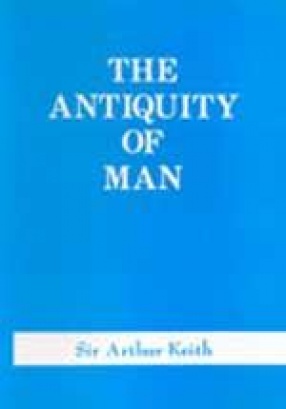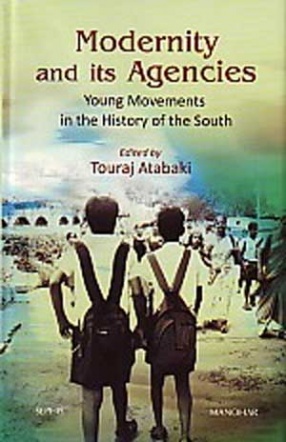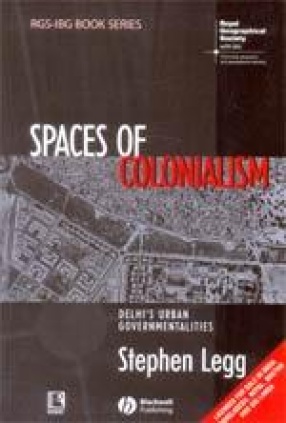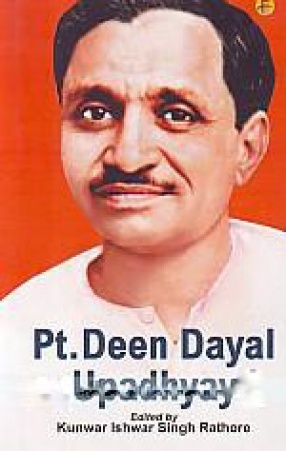The antiquity of man, from a geologist’s point of view, has been placed clearly and fully before the English reading public. In 1865, Lord Avebury approached the problem of man’s antiquity from another point of view. He was primarily interested in the culture, the industry, the civilization of ancient man; the geological details of the prehistoric landscape took a secondary place in his pictures of prehistoric times. He sought to follow the human army to its beginning in the remote past by tracing the possessions it had discarded while on the march. Lord Avebury wrote the story of the antiquity of man from the archaeologist’s point of view.The problem of man’s antiquity may be approached from another point of view-that of the human anatomist. The anatomist gives ancient man the centre of the stage; he depends on the geologist and archaeologist to provide him with the scenery and stage accessories. It is from the anatomist’s point of view that the problem of a man’s antiquity is dealt with in this book. This method of approach has its difficulties. The anatomist has to trace man into the past by means of fossil skulls, teeth and limb bones-intelligible documents to him, but complex and repulsive hieroglyphs in the eyes of most people. The mystery of man’s antiquity stands in a different position. Every year brings new evidence to light-places facts at our disposal which take us a step nearer to a true solution. In recent years discoveries of fossil man have crowded in upon us, yielding such an abundance of new evidence that we have had to reconsider and recast our estimates of the antiquity of man. No discovery of recent date has had such a wide-reaching effect. Hence the reader will find that a very considerable part of this book is devoted to the significance of that specimen of humanity.
The Antiquity of Man (In 3 Volumes)
$169.20
$188.00
In stock
Free & Quick Delivery Worldwide
All orders amounting to US$ 50 or more qualify for Free Delivery Worldwide. For orders less than US$ 50, we offer Standard Delivery at $14 per book.
ABOUT THE AUTHOR Sri Arthur Keith
Arthur Berriedale Keith (1879-1944), an eminent authority on Sanskrit language and literature, was born at Portobello, Edinburgh on 5 April 1879. After a brilliant academic career at Edinburgh and Balliol College, Oxford where he studied classics, Sanskrit and Pali, he entered the British Civil Service in 1901. In 1904, he was called to the bar at Inner Temple. Though better known for his deep study of Sanskrit language and literature, Keith also had a deep understanding of law. In 1914, he joined the University of Edinburgh as a Regius Professor of Sanskrit and Comparative Philology and from 1922 he concurrently held the lectureship in the Constitution of the British Empire. Apart from being a member of the Committee on Home Administration of Indian Affairs (1919), he was also a member of a number of important Commissions. He died in Edinburgh on 6 October 1944. Arthur Berriedale Keith’s contributions on Sanskrit language and literature are diverse and are marked by a deep understanding of the obstruse subjects as is evident from his books and many articles in learned journals and translations of ancient Sanskrit Texts. His History of Sanskrit Literature, Sanskrit Drama, Classical Sanskrit Literature, Religion and Philosophy of the Veda and Upanishads, Samkhya System: A History of the Samkhya Philosophy, Responsible Government in the Dominions apart from the translations of the Karma-Mimamsa, Aitareya Aranyaka, Sankhayana Aranyaka and Mythology of All Raees: Indian and Iranian (jointly with Albert J. Carony) and Vedic Index of Names and Subjects (jointly with A.A. Macdonell) bear testimony to his deep scholarship.
reviews
0 in total
Review by Anonymous
Be the first to review “The Antiquity of Man (In 3 Volumes)” Cancel reply
You must be logged in to post a review.
Bibliographic information
Title
The Antiquity of Man (In 3 Volumes)
Author
Edition
1st. Ed.
Publisher
ISBN
9788170419778
Length
1270 Pp
Subjects
similar bookssee more
Pt. Deen Dayal Upadhyay
$48.60
$54.00





There are no reviews yet.